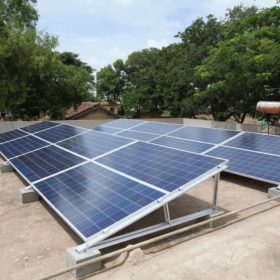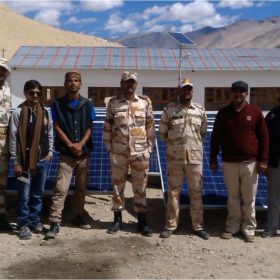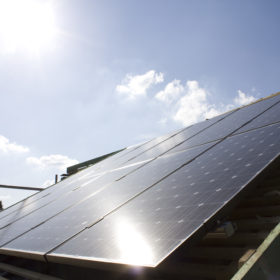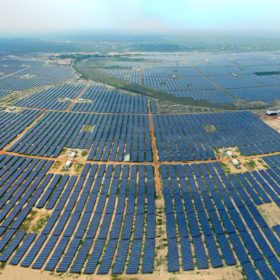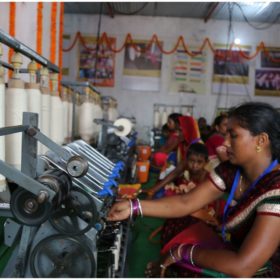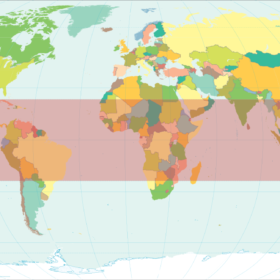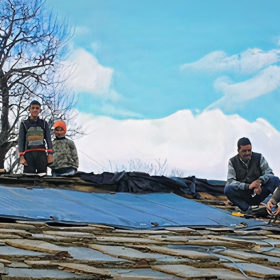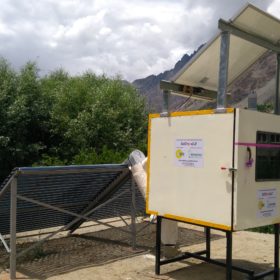The case for distributed solar with storage
Gopal Lal Somani, a former director at the Jaipur-based Rajasthan Renewable Energy Corporation Ltd (RRECL), says distributed solar systems with storage are the key to achieving India’s mission of supplying clean energy at an affordable cost to all. In this article, he dwells on the benefits and techno-commercial feasibility of these systems for the nation.
Solar power keeping ITBP outposts along China border warm
The Indo-Tibetan Border Police outposts along the China border at the height of 18,000 feet use MicroSun Solar panels to generate electricity for central heating, among other applications.
Another bidding extension for off-grid solar and storage project in Himalayas
The Solar Energy Corporation of India has extended the bidding for its off-grid solar and storage project in Himalayas. The revised deadline is now December 21.
India added just 853 MW of solar capacity in third quarter
The solar installation in India is making a slower-than-expected recovery as Covid-related disruption continues to hurt construction progress. Safeguard duty extension and module price increase have added to the pain.
Ministry drafts policy for rural solar appliance roll-out
The Ministry of New and Renewable Energy is eager to ramp up deployment of solar-powered dryers, cold storage and charkhas across the nation’s 600,000 villages.
India re-elected as President of the International Solar Alliance
Launched in November 2015, the alliance aims to collectively address key challenges to the scaling up of solar energy in member countries that fall between Tropic of Cancer and Tropic of Capricorn. The Alliance is now supported by 68 member countries, and a further 20 countries are in the process of becoming members.
India still nowhere near energy sufficiency
The government is trying to harness renewables to increase domestic output but will need a more liberal energy market and to consider the structure of procurement auctions, cloying red tape and the financial travails of state utilities if it is to achieve its goals, says Rakshika Kaul of Amp Energy India.
Off-grid solar and storage solutions for Himalayas
The Solar Energy Corporation of India has issued a call for expressions of interest to supply clean energy to isolated off-grid communities and warned components will probably have to be transported manually.
UK’s Power Roll trials low-cost, flexible solar-and-storage system in Himalayan villages
The system will use an innovative solar film developed by Power Roll that can be manufactured for just $0.03/Watt and deployed on a wide range of non-load bearing buildings, including agricultural and warehouse roofs.
CSIR-CMERI Durgapur, NISE sign pact on solar research and capacity building
The CSIR-Central Mechanical Engineering Research Institute (CMERI), Durgapur, which has expertise in the design and development of solar artifacts for multifaceted uses, and the National Institute of Solar Energy (NISE), Gurugram, will conduct joint field studies for different solar technologies and work towards skill and capacity building.
